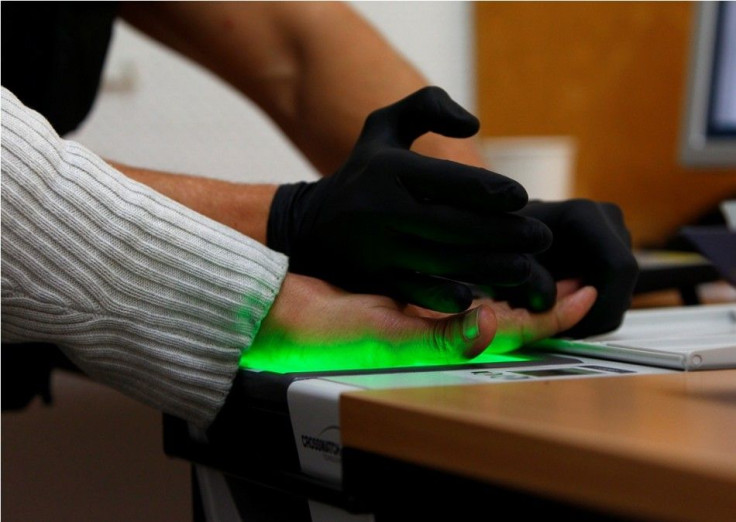Hacker Clones Politician’s Fingerprint From Photographs, Samsung & Apple Phones Vulnerable

Fingerprints can be copied with a new technique using just a photograph. According to reports, hackers say that they have cloned a German politician's thumbprint.
One of the Chaos Computer Club members claims that an image of the German politician's thumbprint was taken at a news conference with a "standard photo camera" and then replicated with the help of commercial software. Jan Krissler, the member of the hackers' network, says that he has cloned German Defence Minister Ursula von der Leyen's fingerprint. Krissler, on the other hand, said that he has no physical print from von der Leyen. According to experts, fingerprint biometrics are considered insecure. "Biometrics that rely on static information like face recognition or fingerprints - it's not trivial to forge them but most people have accepted that they are not a great form of security because they can be faked," BBC quotes cyber-security expert Prof Alan Woodward from Surrey University. Krissler aka Starbug spoke at a convention for members of the CCC. The 31-year-old network claims to be "Europe's largest association" of hackers.
Krissler demonstrated the new technology which helped him clone von der Leyen's fingerprint. He said that he had taken the German politician's photos in October. Similar technology is used in Samsung and Apple phone for additional security. It is mostly used to avoid passwords and use the fingerprint of the user to unlock a mobile phone. While logging in gets much quicker and easier with this technology, it also leaves the option open for anyone with the correct fingerprint to access personal data. Hackers can also use the mobile phone to make purchases with such technology. The Independent reports that Krissler expects politicians to wear gloves so that malicious hackers cannot use similar technology.
Hackers previously copied fingerprints from objects with a polished surface like a smartphone or a sheet of glass. Once someone touches such objects, they leave fingerprints on the surface. If hackers are able to possess the object, they can steal the fingerprint. However, the new technology will allow hackers to steal fingerprints even without getting any object. Such technology was used recently in Brazil to identify voters in latest elections. Barclays introduced such technologies recognising finger veins for business customers. The technology is also used in Poland and Japan at cash machines.
Contact the writer: s.mukhopadhyay@IBTimes.com.au






